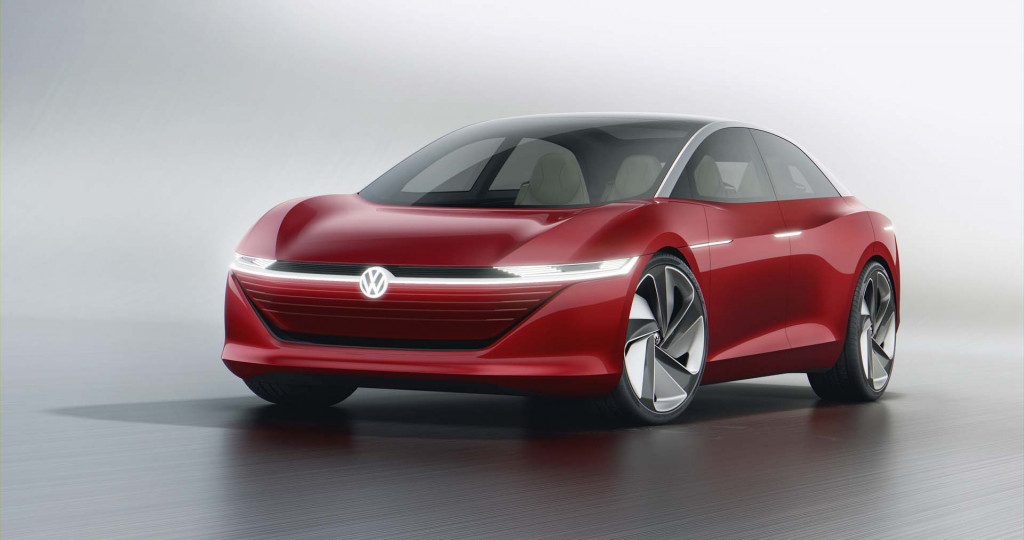As soon as 2024, electric cars are expected to reach price parity with gas-powered cars, largely due to the falling costs of battery packs.
Volkswagen’s chairman Hans Dieter Pötsch, earlier this week, provided some commentary to the German Welt am Sonntag that appears to be aimed at dispelling that expectation—or at least lowering it somewhat. According to Pötsch, today’s price levels for inexpensive small cars can’t be maintained in the switch to electric.
That runs a bit counter to news reported in November, when a source confirmed to Reuters that Volkswagen planned an entry-level, fully electric vehicle that could start as low as about $21,000 (18,000 euros) in Europe.
DON’T MISS: VW’s new U.S. CEO: The tipping point on EVs is already here
That’s for a yet-unconfirmed model not expected to arrive until 2021 or 2022. The first of VW’s new-generation electric cars, a hatchback based on the original ID concept, which effectively replaces the e-Golf, will cost about $34,000 in Europe.

Volkswagen ID Neo concept, 2016 Paris auto show
Volkswagen executives have also said that its electric vehicles, which it has called “electric vehicles for millions, not millionaires”—an open jab at Tesla and the growing field of high-end EV startups—will be priced at the level of comparable diesel cars.
Just prior to its diesel scandal, Volkswagen was selling the popular Jetta SE TDI for about a 25-percent premium over a comparably equipped SE with the 1.8T gasoline engine.
CHECK OUT: How will VW price its next-generation electric vehicles? Think TDI
Volkswagen plans 27 electric cars by 2022 on its new modular electric vehicle platform, termed MEB, and in November said that it could build up to 15 million vehicles globally, across its brands, through the platform’s intended lifespan of about a decade. A significant portion of those sales are expected to be of vehicles at the more affordable end of that platform’s intended use.

Volkswagen ID Vizzion Concept
The source of when gasoline vehicles could start to reach parity with electric vehicles is Bloomberg New Energy Finance, which bases its estimate on medium-segment vehicle price estimates, assuming that prices of internal-combustion vehicles will continue to rise. In all fairness, it may take price sensitive small cars many more years to reach parity.
READ MORE: Here's the battery pack behind VW's global electric-vehicle push
In the original German-language report, Pötsch also referred to making vehicles affordable to those with lower incomes. The comment was likely aimed beyond the European market, where that’s anticipated to be a more serious issue. In so-called emerging markets, global automakers are known to produce much lower-priced versions of their gasoline or diesel vehicles, often one or two full generations old, using long-ago-amortized tooling and assembly lines, for major markets with lower vehicle budgets, such as Brazil and Mexico.
For instance, in Mexico until 2017 you could buy the top-trim version of the Nissan Tsuru, the brand-new version of the 1991 Nissan Sentra, for the equivalent of less than $9,000.
On the electric-vehicle front, no such thing exists; the soon-to-arrive MEB vehicles are Volkswagen’s first attempts at mass-produced, fully electric vehicles engineered to be profitable. And a much more complicated set of factors will determine where and when they can be competitive on the world stage at the affordable small-car end of the market.













